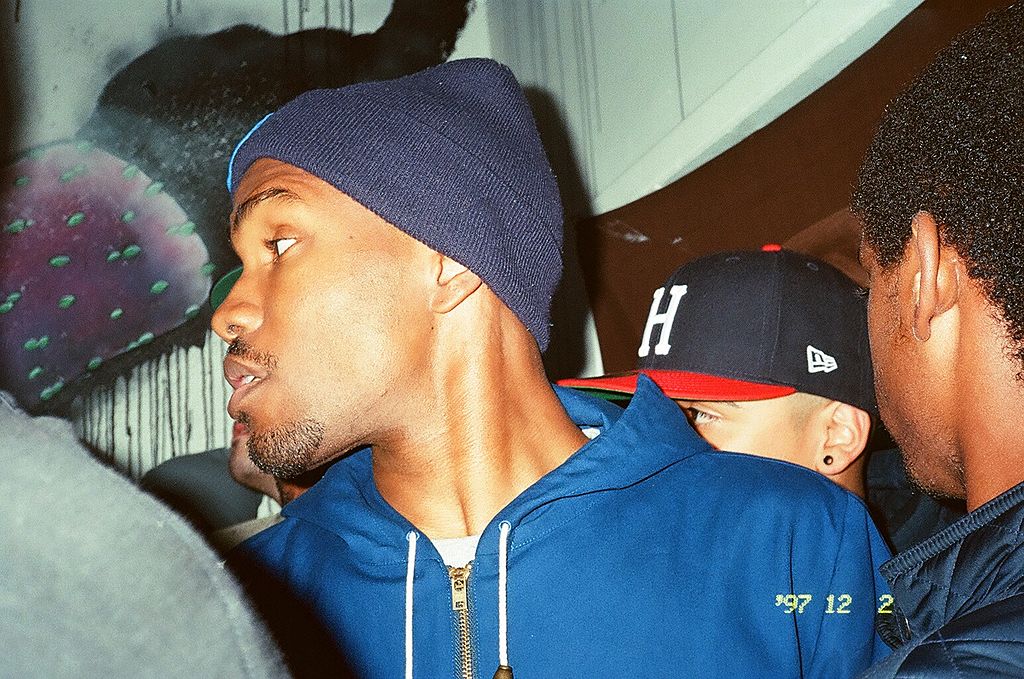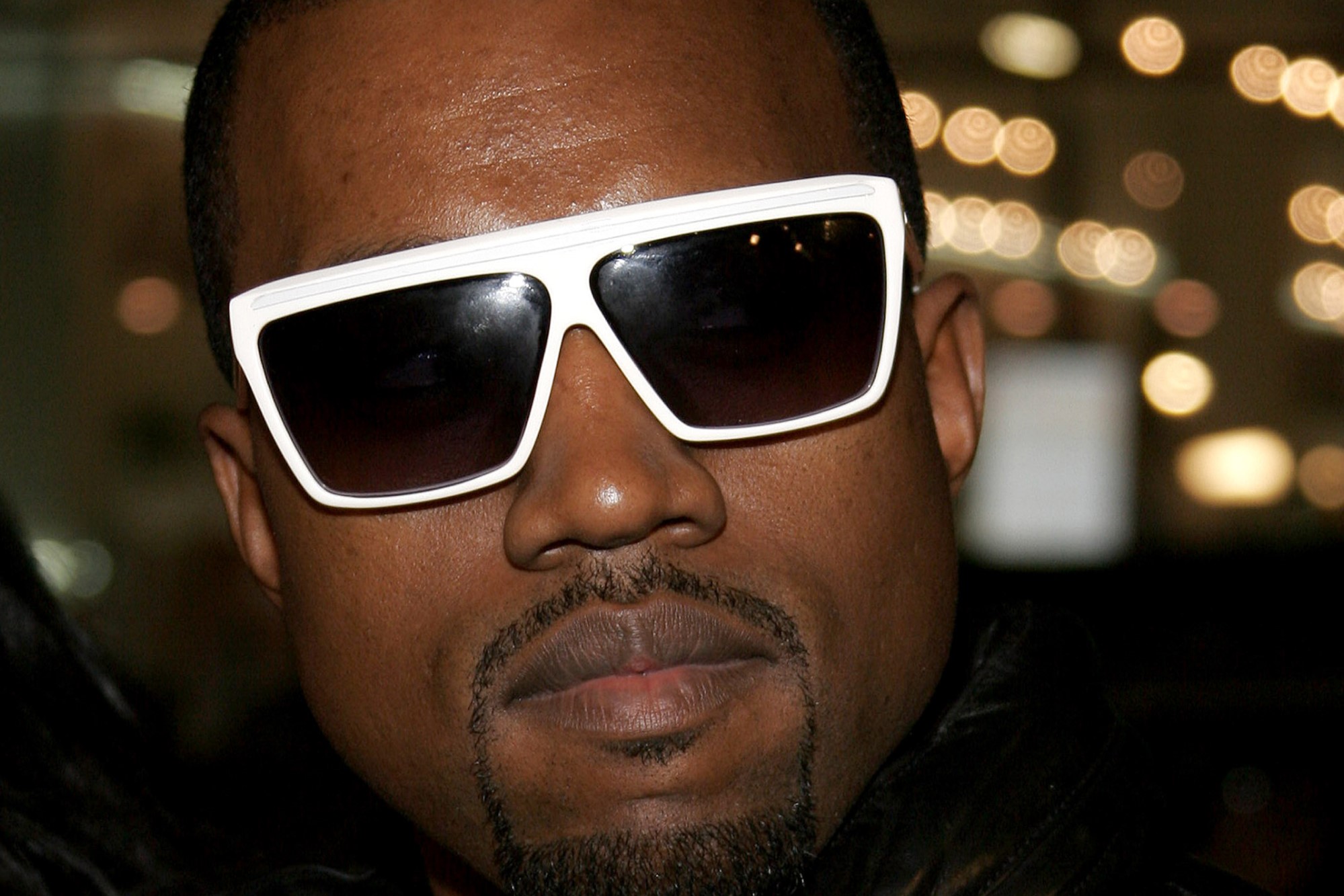Frank Ocean: Challenging Hip-Hop’s Hyper-Masculinity
Christopher Breaux, better known by his stage name, Frank Ocean, is coming off a month of success after releasing his fourth single of the year, “Provider,” on August 24. The track opens with the line, “Memo finna start acting out if I don’t see him soon,” potentially referring to Ocean’s rumored boyfriend, Memo Guzman. While the interpretation of this lyric is based off mere speculation, openly referencing his sexuality in his music is nothing new to Ocean.
Ocean came out to the public via a letter posted to Tumblr in the summer of 2012, detailing the time he spent with his first love, a man, when he was just 19 years old. His newly-revealed sexual orientation sent shockwaves across the world of hip hop, as the genre traditionally relies heavily on heterosexual norms, and emphasizes a culture of hyper-masculinity. This is best exemplified in Lil Wayne’s song, “Turn On the Lights.” In the song, Lil Wayne raps: “Tell her I skate/ I ain’t got no worries/ No Frank Ocean, I’m straight.” With this lyric, Lil Wayne seeks legitimacy simply because of his heterosexual preferences, thus undermining Frank Ocean as an artist on the basis of his sexuality. Micro-aggressions such as these have been a trend in hip-hop for decades.
Historically, hip-hop has been known to be a genre created and adopted by black people in the U.S. to express their frustration towards racial oppression in American society. Artist and scholar Nayo Sasaki-Picou writes, “[t]his aggressive attitude towards American society has been codified as being a ‘natural’ attitude of all black males in society. Consequently, a main performative and evolving characteristic of black masculinity through rap music becomes the display of aggressiveness and resistance in society.” Sasaki-Picou continues by paraphrasing author and professor, David Murray: “one of the most straightforward ways of asserting this masculinity is through displaying hyper-sexual behavior towards women.” In other words, the language of resistance to oppression in hip-hop music has been characterized as an overwhelmingly masculine and heterosexual one, ergo excluding women and members of the LGBTQ+ community. Ocean, however, challenges this tone, not only with his coming out, but also with the way he composes his music.
Ocean challenges stereotypes of genre just as he challenges stereotypes of sexuality. His music is layered with unpredictable twists, picking up as soon as you think a song is over, and masterfully executing the non-gendered love ballad. But most importantly, Ocean is a storyteller. In his music, he tells of pouring his emotions out to a taxi driver he’s never met before, of his time at University of New Orleans when Hurricane Katrina hit, and of that summer he spent with his first love as a gay man when he was 19. Ocean acts both symbolically, as being a black queer man in hip-hop culture, and substantively, by weaving his experience as a black queer man into his music. His display of courage in sharing his story, in the face of a genre that shames him for it, carved out a space in rap music for other black queer people to do the same.
Ocean’s influence does not, however, go without criticism. As Sasaki-Picou points out, the music videos for some of Ocean’s most famous songs, including “Pyramids,” “Novacane,” and “Swim Good,” portray women as “objects of his conquest.” Despite his eagerness to escape the stereotypes and assumptions surrounding rap artists, Ocean still has a history of using females as social capital, which perpetuates the problem of contemporary rap music showcasing extremely sexist and homophobic rhetoric. While Ocean may have opened doors for black queer artists and listeners in hip-hop, his coming out does not negate the fact that he temporarily gave in to the attitude he attempts to undermine.
The contradictions in Ocean’s image highlight the core issue in hip-hop: one cannot be taken seriously as a contemporary hip-hop artist without proving their masculinity. This, however, is not entirely the fault of hip-hop artists, but is also a reflection of our preferences as consumers. The music industry is a business, meaning the product is a manifestation of consumer wants and needs. Hyper-masculinity in rap music implies that we, as consumers, show favoritism towards a rhetoric that treats women as objects and upholds the gender binary. But hip-hop’s problematic tone is not to be solved by pointing fingers. It is the responsibility of both consumers and producers of rap music to ensure its embodiment of moral values.





